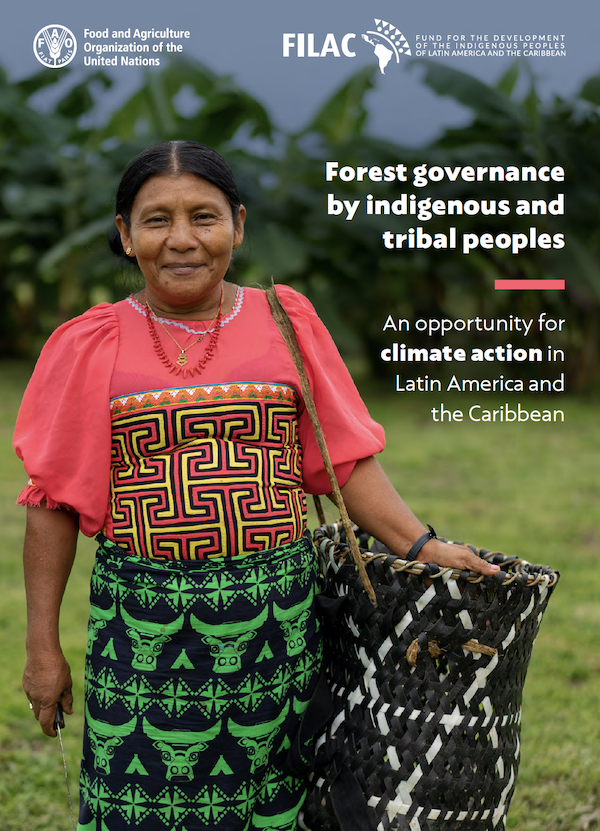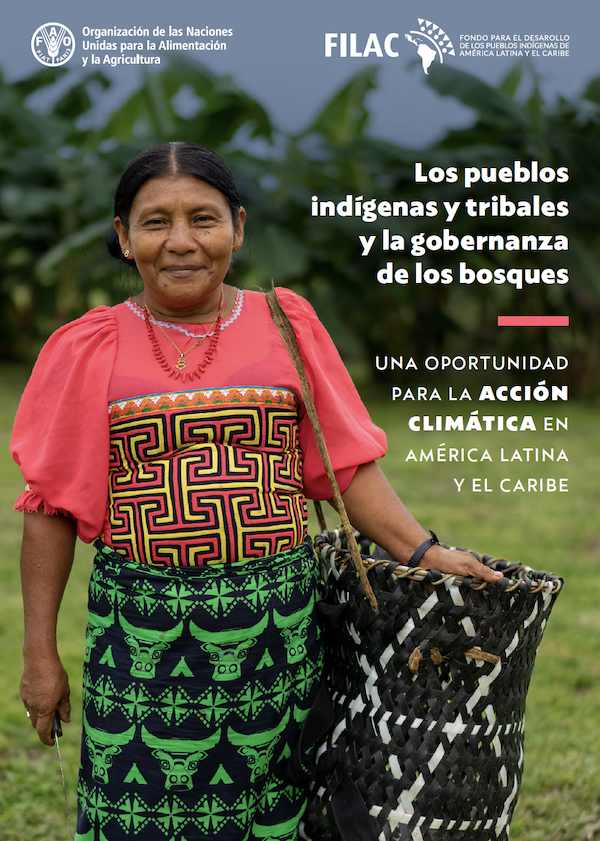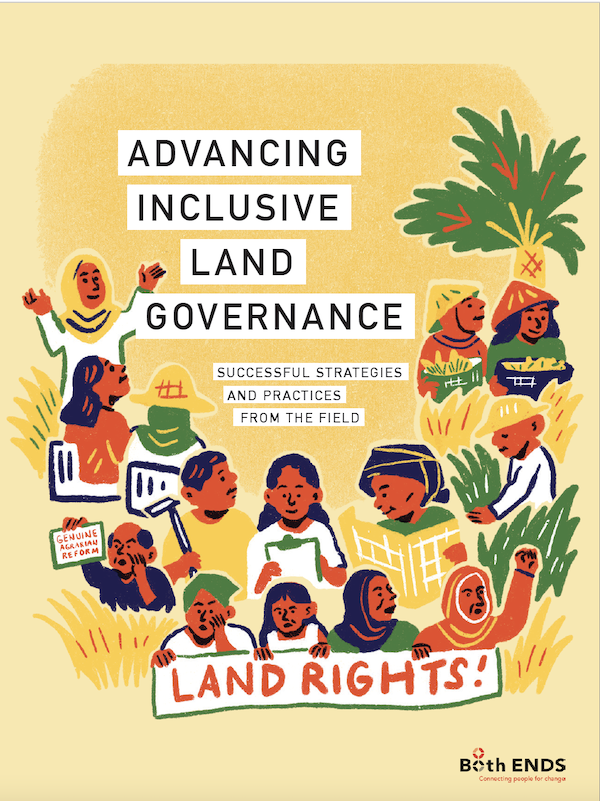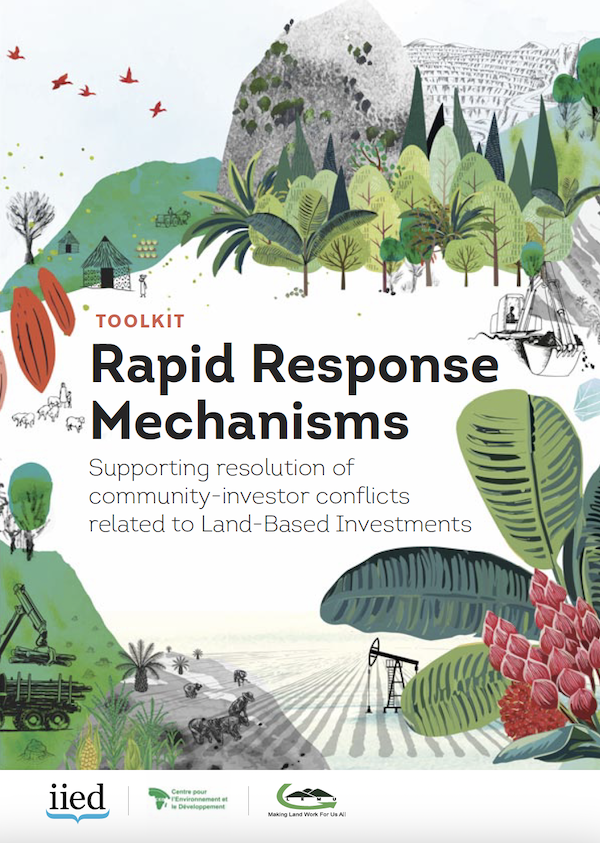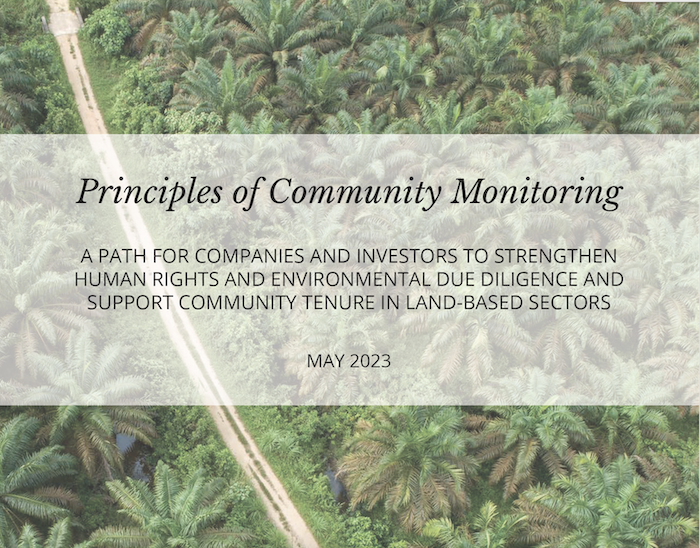Forest governance by indigenous and tribal peoples
This report highlights the importance and urgency for climate action initiatives of protecting the forests of the indigenous and tribal territories1 and the communities that look after them. Based on recent experience, it proposes a package of investments and policies for climate funders and government decision-makers to adopt, in coordination with the indigenous and tribal peoples.

